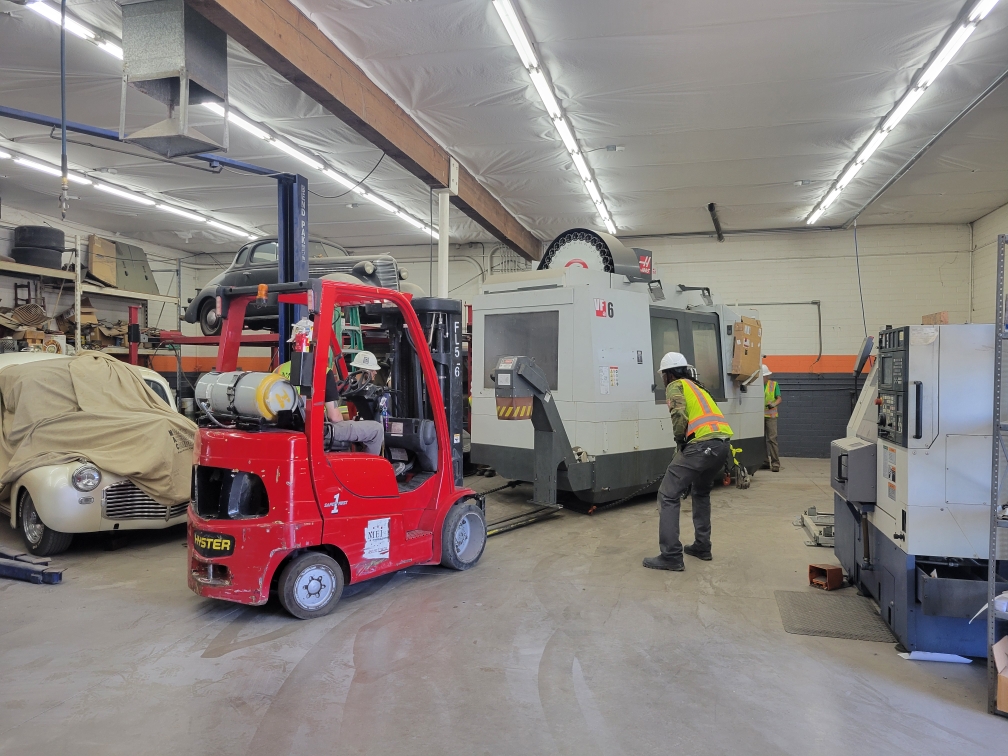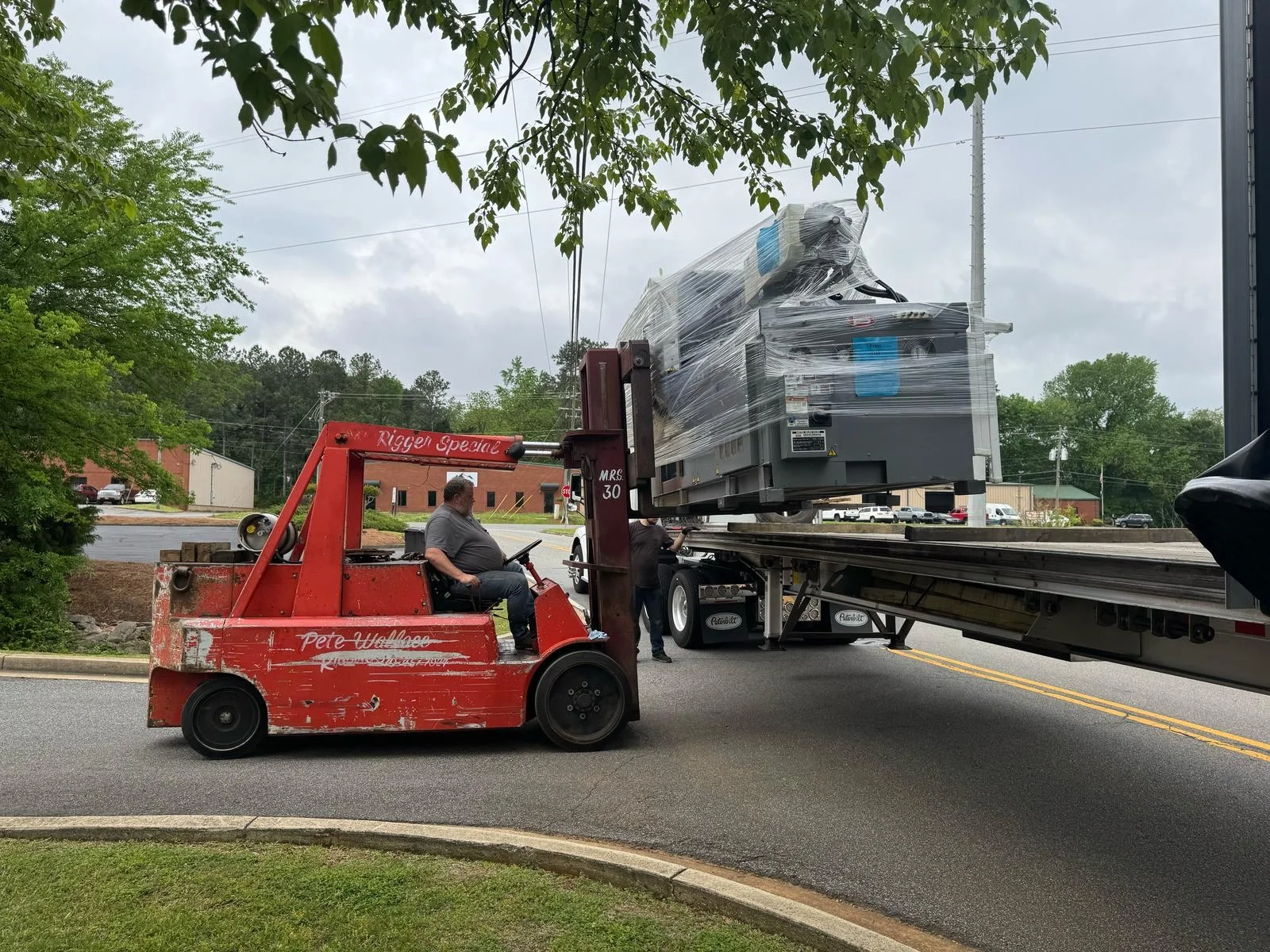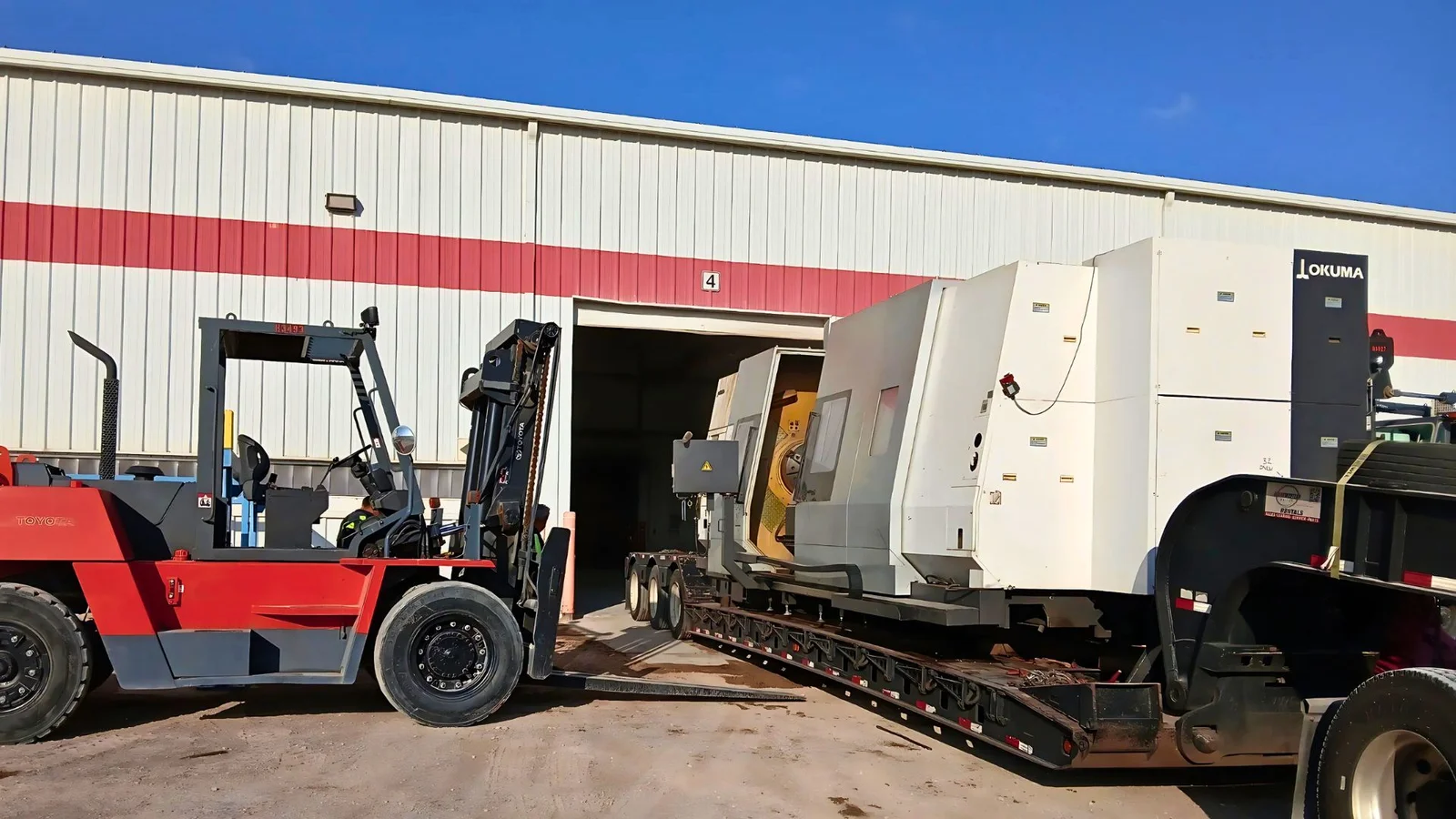Understanding Customer Service in Logistics
Customer service in logistics is crucial for the satisfaction and loyalty of clients. An efficient logistics firm goes beyond the straightforward delivery of goods; it provides robust support and ensures that every shipment meets customer needs. At Abound Transport, customer service underpins our approach to providing seamless, real-time logistics solutions across the U.S., Canada, and Mexico. This article will delve into what customer service means in the logistics sector, its impact, and how excellence in this area can shape business success.
Defining Customer Service
Customer service in logistics refers to the activities and procedures a company employs to ensure the timely, safe, and cost-effective delivery of goods. It involves clear communication, problem-solving, and reliable support throughout the shipping process. For instance, at Abound Transport, our one-to-one customer service approach means clients have a dedicated representative from the quoting stage to delivery, ensuring tailored support. This role also includes addressing issues quickly and transparently, maintaining trust and satisfaction.
Impact on Business Performance
Effective customer service in logistics can significantly impact a company’s performance. When logistics companies prioritize customer service, they are more likely to retain clients and foster long-term relationships. This leads to consistent business and positive referrals. Conversely, poor customer service can lead to dissatisfaction, causing clients to seek alternatives. For example, delayed or mishandled shipments can disrupt production schedules for manufacturers or cause costly delays for construction companies. Reliable customer service mitigates these risks and supports stable business operations.
Role in Supply Chain Management
Customer service is an integral component of supply chain management. It bridges communication between different stakeholders, including manufacturers, suppliers, and transport services. In supply chain management, flawless coordination is crucial for timely deliveries, inventory management, and overall efficiency. Abound Transport’s real-time tracking and updates allow customers to stay informed about their shipments’ status, reducing uncertainty and enhancing decision-making. This transparency in communication fortifies trust and operational effectiveness across the entire supply chain.

Benefits of Reliable Customer Service
Investing in reliable customer service yields several benefits for logistics companies and their clients. It goes beyond transactional interactions, fostering enduring relationships and a positive market presence.
Customer Satisfaction and Loyalty
Excellent customer service leads to high levels of satisfaction and loyalty. When customers feel valued and their expectations are met consistently, they are more likely to continue using the services. For instance, a small business owner relying on timely delivery of CNC machinery for production will stay loyal if Abound Transport provides consistent, reliable shipping solutions. Personalized services and proactive problem-solving further solidify this bond, making each customer feel uniquely cared for.
Brand Reputation
A company’s reputation in the market is heavily influenced by its customer service. Satisfied customers often share their positive experiences, leading to word-of-mouth referrals and a strong brand image. Conversely, negative experiences can quickly tarnish a reputation. Abound Transport’s commitment to providing real-time, transparent updates and robust customer support helps build trust and a positive reputation, crucial for attracting and retaining clients like freight forwarders and industrial equipment suppliers.
Competitive Advantage
Strong customer service can serve as a significant competitive advantage. In the logistics industry, where multiple players offer similar services, exceptional customer service can set a company apart. By ensuring that every interaction is positive and efficient, companies like Abound Transport can differentiate themselves. This advantage is particularly critical when dealing with specialized shipments, such as oversized equipment or time-sensitive deliveries. Clients are more likely to choose a company that reliably meets their needs with added support and communication.

Customer Service Challenges in Logistics
Despite its importance, providing exceptional customer service in logistics comes with its own set of challenges. Understanding these challenges can help companies develop better strategies to address them.
Managing Complex Supply Chains
Modern supply chains can be incredibly complex, involving multiple stakeholders, routes, and regulations. Managing this complexity while ensuring high levels of customer service can be daunting. For example, shipping large vehicles across borders requires careful coordination to comply with varying regulations and documentation requirements. At Abound Transport, leveraging our advanced technology helps streamline these processes, offering clients peace of mind even in the most complex scenarios.
Handling Time-Sensitive Shipments
Time-sensitive shipments add pressure to logistics providers to deliver on time without compromising service quality. Industries such as construction and manufacturing often operate on tight schedules, where delays can have significant financial implications. Abound Transport’s hotshot services are designed precisely for these scenarios, ensuring urgent deliveries are handled promptly and efficiently. However, it requires meticulous planning and real-time monitoring to meet tight deadlines consistently.
Addressing Unexpected Issues
Despite careful planning, unexpected issues such as weather disruptions, mechanical failures, or regulatory changes can impact logistics operations. Successfully handling these issues without compromising customer service is a persistent challenge. Abound Transport addresses these challenges by maintaining a flexible and responsive approach. Real-time updates and a dedicated customer service team help manage expectations and find quick resolutions, minimizing disruption and keeping clients informed.

Improving Customer Service
To overcome these challenges and continually improve, logistics companies must adopt several strategies aimed at enhancing their customer service capabilities.
Implementing Technology Solutions
Technology plays a pivotal role in modernizing customer service in logistics. Advanced tools and platforms can streamline operations, improve communication, and provide real-time data. For instance, Abound Transport utilizes cutting-edge technology to offer clients real-time tracking and updates on their shipments. This transparency not only enhances service quality but also builds trust and confidence among clients.
Providing Real-Time Updates
In today’s fast-paced business environment, real-time updates are crucial for maintaining customer satisfaction. Providing timely information about shipment status allows clients to make informed decisions and plan accordingly. Abound Transport’s technology ensures that customers receive accurate and up-to-date information, reducing uncertainties and increasing control over their shipments. This practice is especially beneficial for logistics managers and supply chain specialists who rely on precise information for efficient operations.
Investing in Employee Training
A company’s customer service is only as good as its employees. Investing in thorough and continuous staff training ensures that the customer service team is well-equipped to handle various challenges and provide exceptional service. At Abound Transport, regular training sessions focus on enhancing communication skills, problem-solving abilities, and product knowledge, setting our team up to provide the best possible support to our clients.

Measuring Customer Service Success
To ensure that efforts to improve customer service are effective, it is essential to measure success through quantifiable metrics and feedback loops.
Key Performance Indicators (KPIs)
Key Performance Indicators (KPIs) are critical in measuring customer service performance. Common KPIs in logistics include on-time delivery rates, customer complaint resolution time, and customer satisfaction scores. By tracking these metrics, companies like Abound Transport can identify areas for improvement and implement targeted strategies to address any shortcomings. Consistent monitoring of KPIs ensures that customer service remains aligned with clients’ expectations.
Customer Feedback and Surveys
Direct feedback from customers provides valuable insights into the strengths and weaknesses of a company’s customer service. Implementing regular surveys and feedback mechanisms allows customers to share their experiences and suggestions. Abound Transport actively encourages client feedback, using it to refine and enhance our services continuously. Engaging with customers in this way demonstrates a commitment to meeting their needs and improving service quality.
Analyzing Retention Rates
Customer retention rates are a strong indicator of service success. High retention rates suggest that customers are satisfied and see value in maintaining their relationship with the company. By analyzing retention rates, Abound Transport can assess the effectiveness of its customer service strategies and identify areas that may require additional focus. Maintaining high retention is vital for long-term success and profitability in the competitive logistics industry.
By understanding and optimizing these elements, logistics companies can significantly enhance their customer service, driving business growth and client satisfaction.
At Abound Transport, we are dedicated to providing exceptional customer service through every step of the logistics process. Our commitment to real-time updates, personalized support, and leveraging technology ensures that we meet and exceed our clients’ expectations. To learn more about how we can assist with your logistics needs, visit Abound Transport today.


